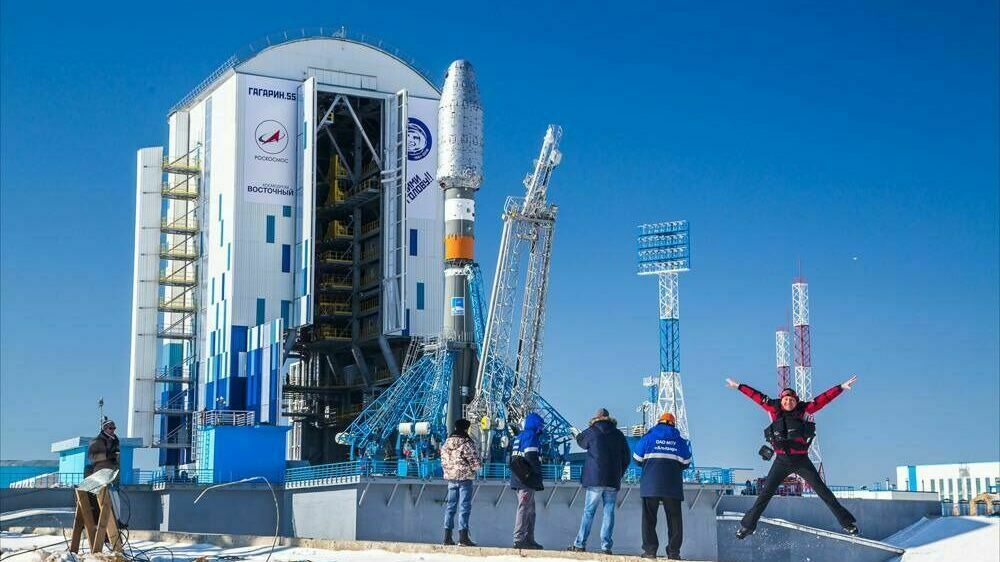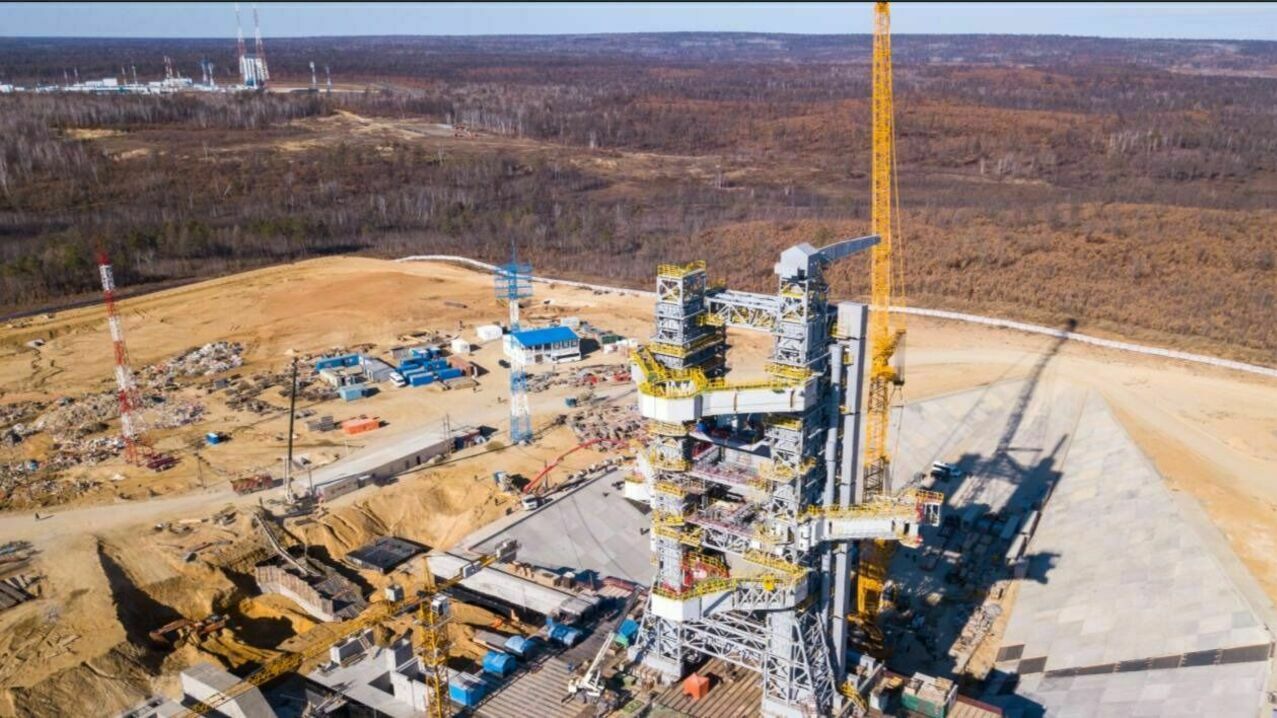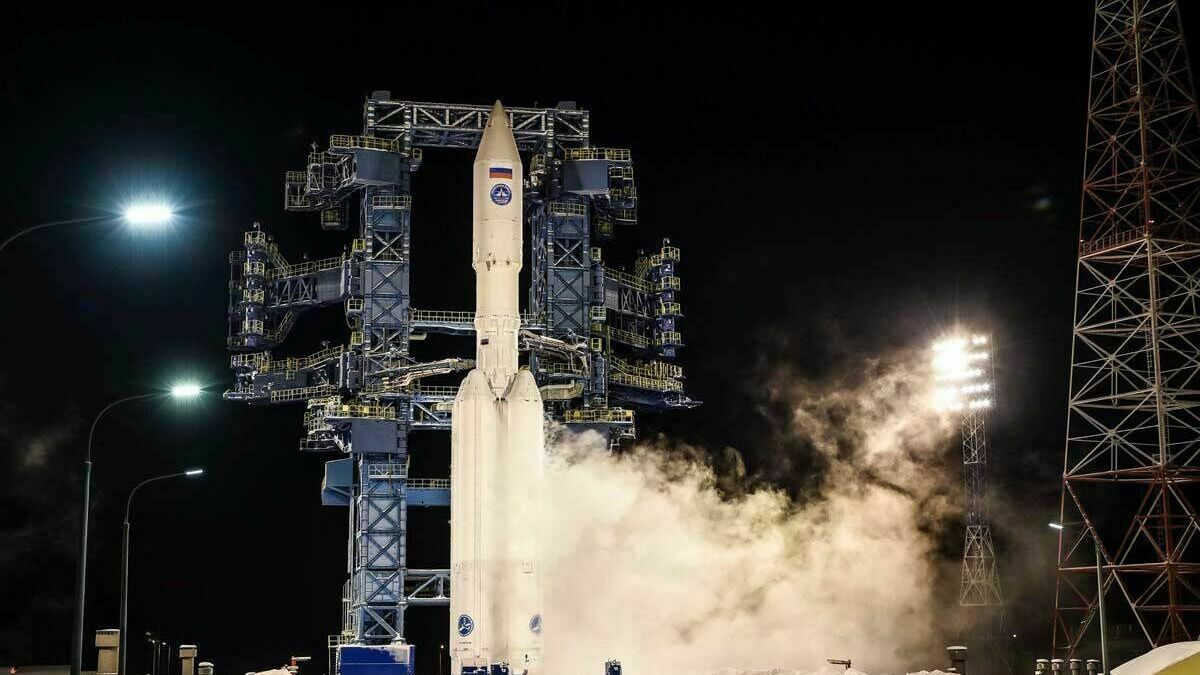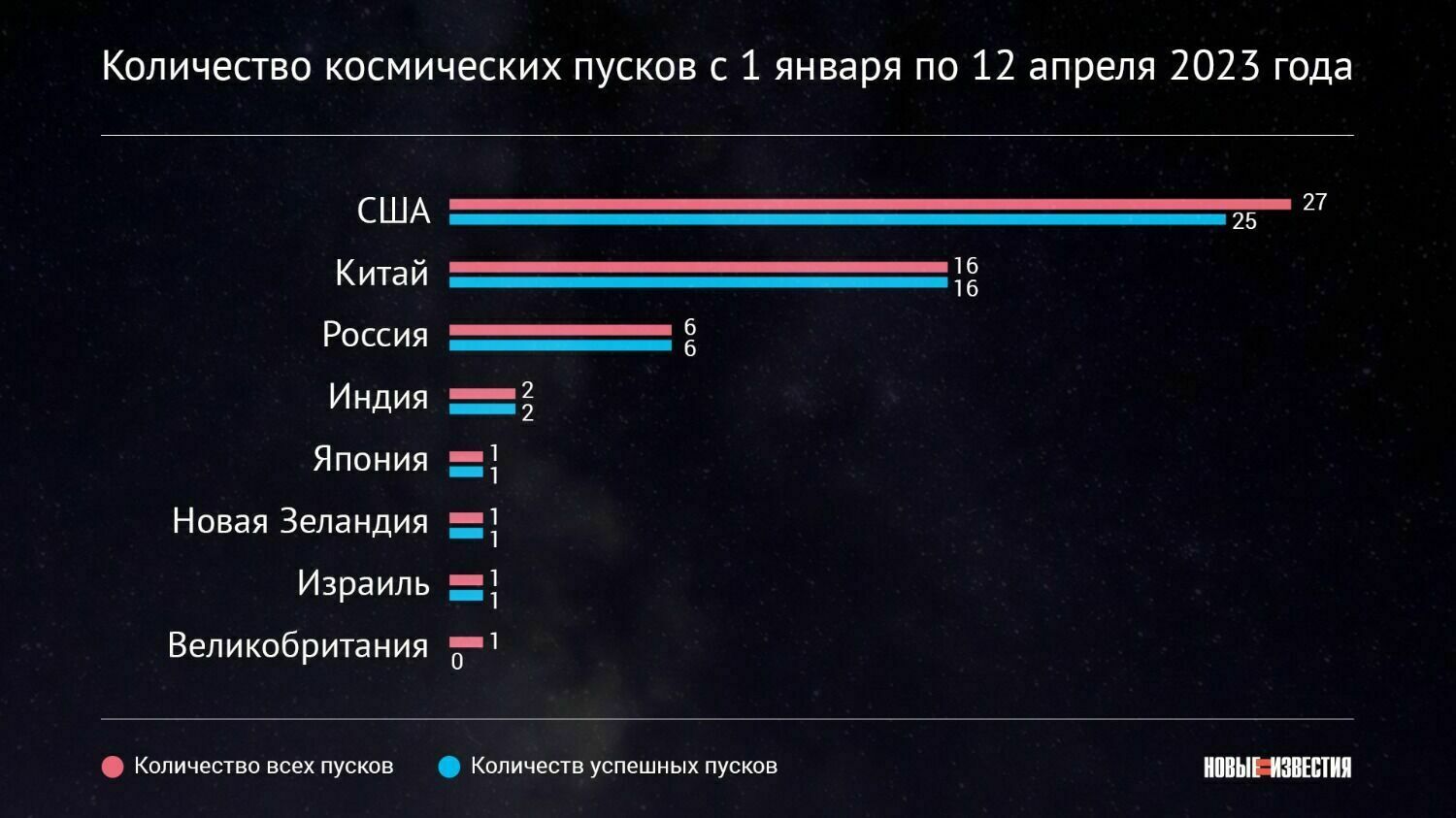
A woman checks the website of Israel-made Pegasus spyware at an office in the Cypriot capital Nicosia on July 21, 2021 [MARIO GOLDMAN/AFP via Getty Images]
April 12, 2023

Canada's Citizen Lab yesterday revealed that a new Israeli spyware similar to the notorious Pegasus program was used to target journalists and opposition politicians in several countries.
The cybersecurity and human rights organisation said that the new programme was designed by a little-known Israeli company called QuaDream Limited, founded by a former Israeli military official and former veteran employee of the NSO company that produced Pegasus.
Citizen Lab, which monitors the misuse of modern electronic devices, was able to identify at least five people who were targeted by the QuaDream program in North America, Central Asia, Southeast Asia, Europe and the Middle East.
It added that the list of victims includes "journalists, opposition political figures, and an NGO employee", but it did not reveal their identities.

Israel's Pegasus spyware global weapon to silence critics? – Cartoon [Sabaaneh/MiddleEastMonitor]
Spyware programs such as Pegasus have previously been widely used by governments and other agencies to spy on dissidents, the media and activists.
The White House said in late March that governments had used Pegasus to "facilitate repression and enable human rights abuses."
Citizen Lab said that after being placed on the user's phone or personal computer, the QuaDream spyware can record calls and external sounds, take pictures from cameras, and search in device files without the user's knowledge.
The program can also generate two-factor authentication codes, i.e. passwords and security codes to secure continuous access to the device owner's cloud accounts.
It added that the spyware includes a self-destruct feature to hide its previous existence once it is not being used.
Citizen Lab identified servers in ten countries that received data from victims' devices, including Israel, Singapore, Mexico, the UAE and Bulgaria.
It said that the company QuaDream marketed the spyware it produces to government clients in Singapore, Saudi Arabia, Mexico, Ghana, Indonesia, Morocco and other countries.















